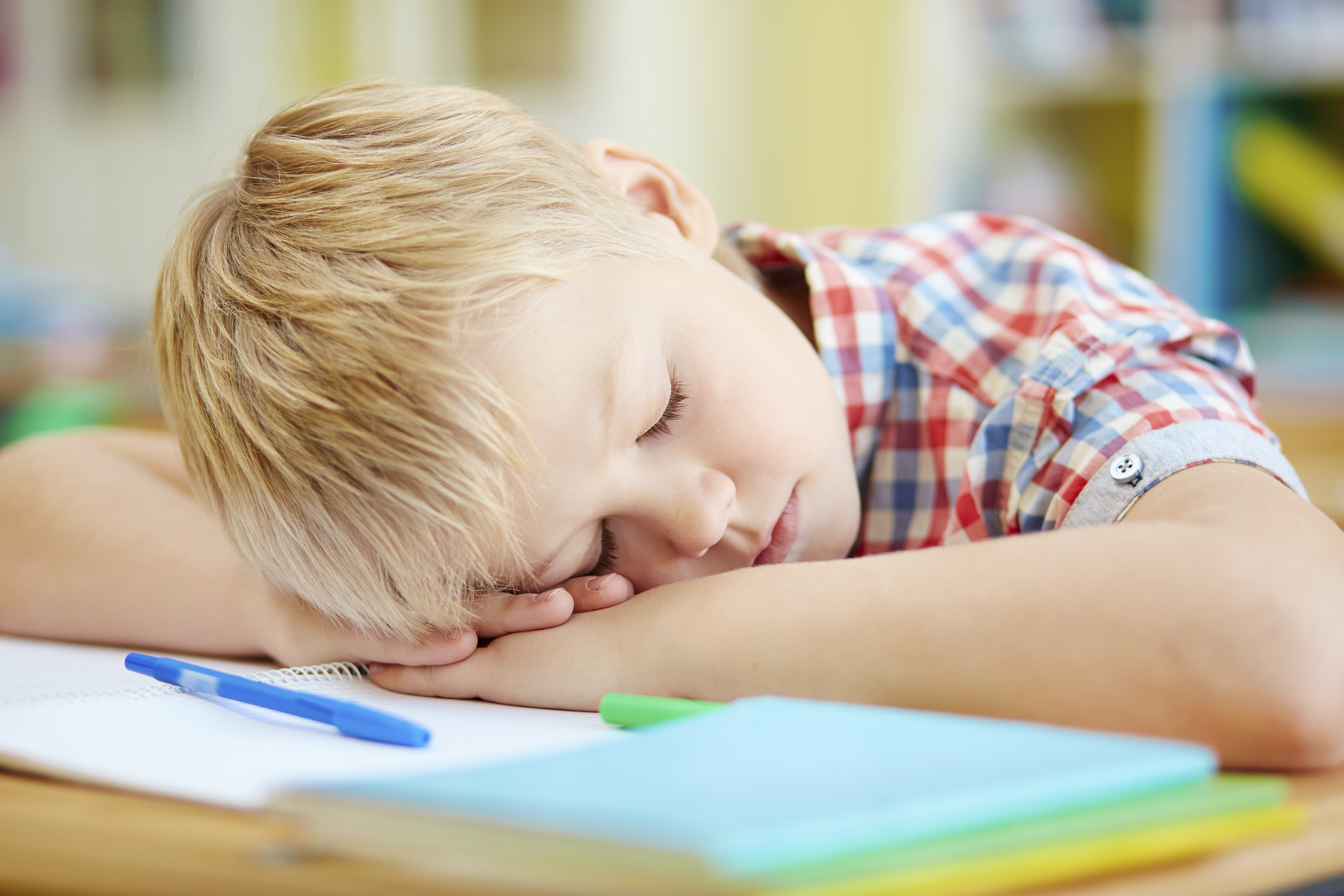
CALLING a teacher “mum” and taking a nap in class are rites of passage at primary school, according to children.
A new survey, which has been compiled into a top 100 list, reveals the things that youngsters think they should have done or experienced in school by the time they reach 11 – and more than a few of them are slightly naughty.
Others related to spending time outdoors or concern for their fellow man.
Top of the list was the embarrassing moment experienced by children everywhere – calling a teacher “mum” or “dad”, followed by falling asleep during a lesson.
Third was spinning on a teacher’s chair while in fourth place was pretending to be a teacher, while said staff member is standing behind you.
Rounding out the top five was falling off a chair after swinging on it.
The Times Educational Supplement (TES) survey, which questioned 2,500 British primary school pupils, found that included in children’s must-do top 100 list were “play conkers”, “go pond dipping” and “invent something”.
“Be kind to someone who needs a friend” and “learn how to get on with everyone” were also among the suggestions.
TES editor Ann Mroz said: “It’s heartening to see that children today behave much as children have always done.
“We may think they are tested, tutored and drilled as never before. But they seem remarkably resilient.
“They love being naughty, playing pranks and getting up to mischief much as we did at their age.
“And despite the ubiquity of mobile phones and tablets they still like to splash around in puddles and construct daisy chains.
“I wonder if a lot of the anxiety over childhood today has more to do with adult projections and expectations than children’s own concerns.”
The primary school top 10 list, compiled by the TES:
- Calling a teacher ‘mum’ or ‘dad’
- Falling asleep in a lesson
- Spinning on a teacher’s chair
- Pretending to be a teacher (while they are standing behind you)
- Falling off a chair because you are swinging on it
- Running around a corridor and smashing into a teacher
- Telling your teacher to ‘chill out’
- Forgetting your homework
- Laughing so hard that drink comes through your nose
- Laughing hysterically when someone blows off
READ MORE
Survey suggests many parents want school summer holidays to be shorter to improve learning
School holiday care costs £120 per child each week amid places shortage

Enjoy the convenience of having The Sunday Post delivered as a digital ePaper straight to your smartphone, tablet or computer.
Subscribe for only £5.49 a month and enjoy all the benefits of the printed paper as a digital replica.
Subscribe